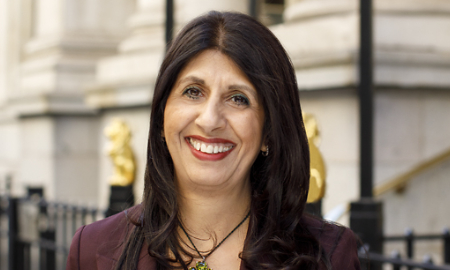The Commercial Litigation and Cross-border Enforcement Law Over Borders Comparative Guide provides a highly practical and up-to-date overview of the litigation, arbitration and alternative dispute resolution landscape in some of the key international dispute resolution jurisdictions....
| 10mos
| 10mos
The Commercial Litigation and Cross-border Enforcement Law Over Borders Comparative Guide provides a...










